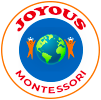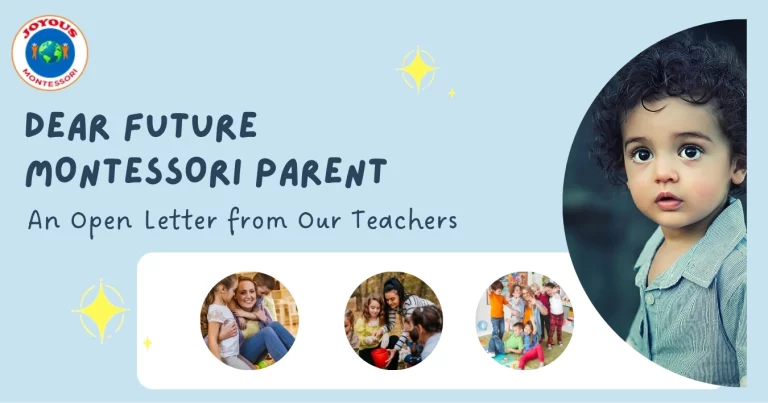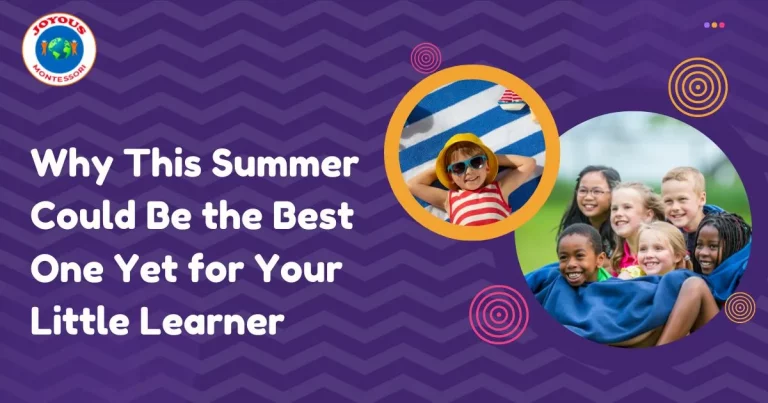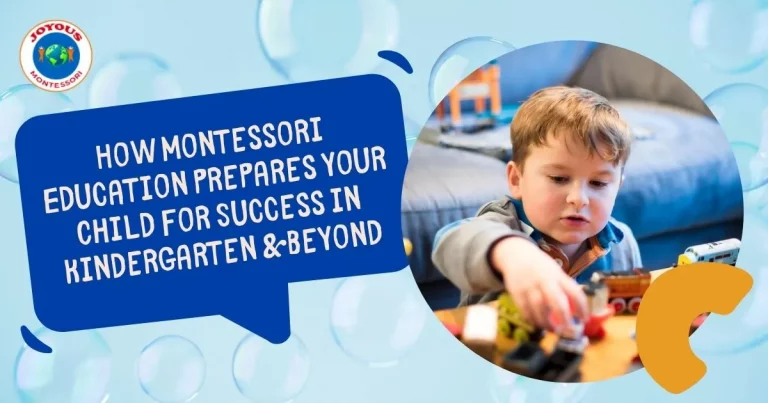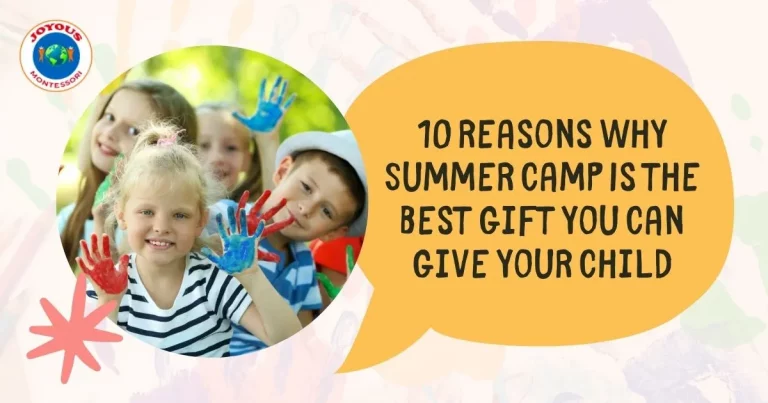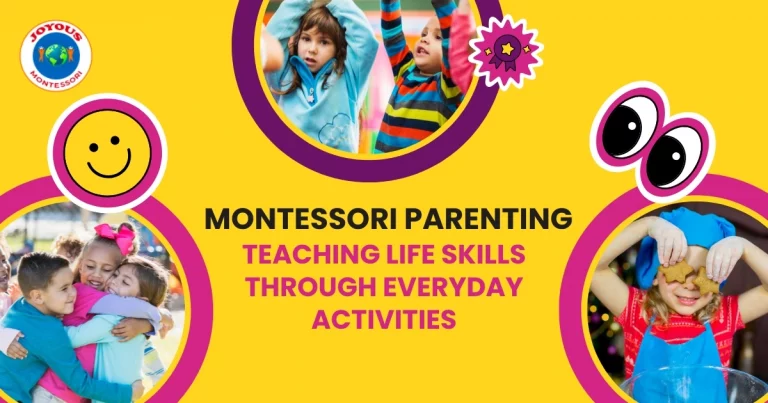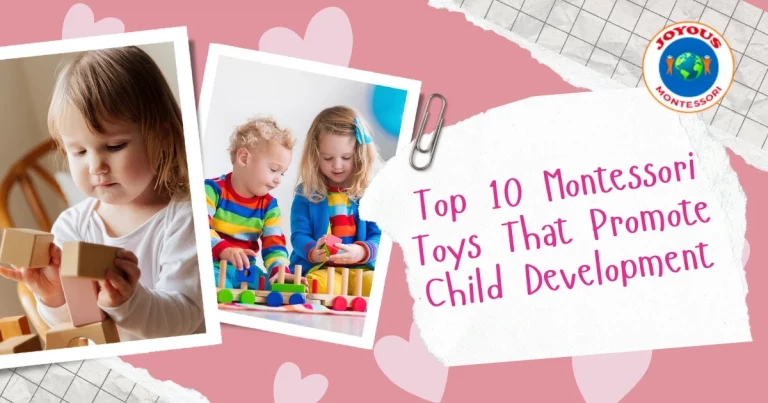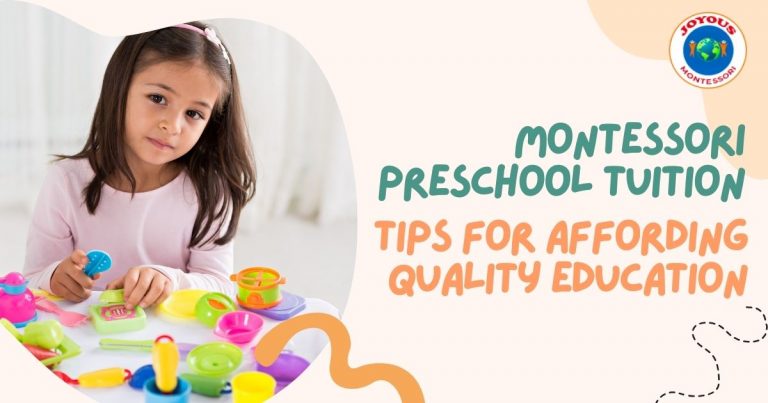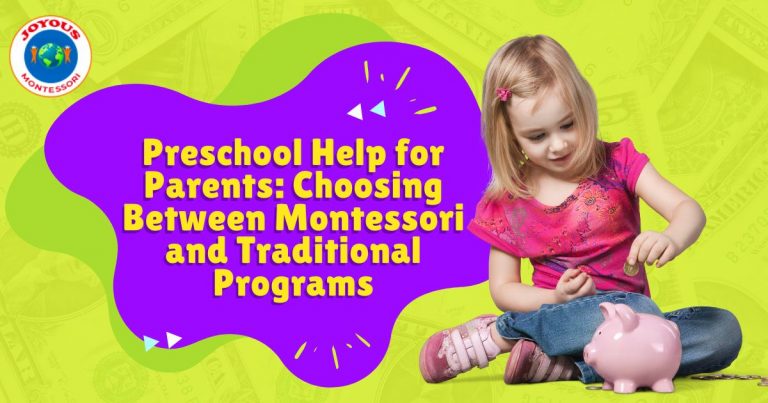Blog
June 10, 2025
Comment (0)
First — welcome! You’ve already taken a courageous first step by exploring Montessori education for your child. That alone tells us so much about you: You value curiosity, kindness...
May 14, 2025
Comment (0)
Through a Child’s Eyes: What Summer Camp Looks Like to a 5-Year-Old Hi! My name is Mia, and I’m five years old. Want to know a secret? Summer camp is my most favorite thing ever. I get to go to Joyous...
April 17, 2025
Comment (0)
Summer is more than just a break from school—it’s a golden opportunity for your child to explore, grow, and learn in new ways. At Joyous Montessori, we believe that summer should be a time for...
April 3, 2025
Comment (0)
As a parent, you want your child to enter kindergarten feeling confident, curious, and ready to thrive. But how can you ensure they have the right foundation for success? At Joyous Montessori, we...
March 17, 2025
Comment (0)
Summer is a time for adventure, exploration, and growth—what better way to make the most of it than by enrolling your child in a summer camp? Whether it’s a day camp or a sleepaway experience, summer...
February 25, 2025
Comment (0)
Parenting is a journey filled with countless teachable moments. The Montessori approach to parenting emphasizes hands-on learning, independence, and real-world skills that prepare children for life...
February 3, 2025
Comment (0)
Montessori education is based on self-directed learning, hands-on experiences, and fostering independence in children. One of the best ways to support Montessori principles at home is by incorporating...
January 20, 2025
Comment (0)
Montessori education is renowned for its unique approach to nurturing creativity, independence, and lifelong learning. As parents, providing this high-quality education to your child can feel like a...
January 13, 2025
Comment (0)
Selecting the right preschool is one of the most impactful decisions you’ll make for your child’s early education. The choice often boils down to two popular options: Montessori and traditional...
